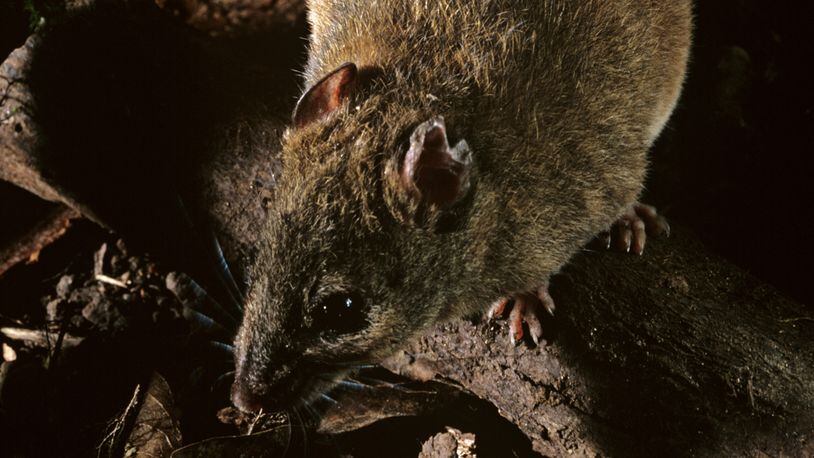There were several hundred of the small rodent counted on Bramble Cay between Queensland and Papua New Guinea in the 1970s. By 1992, they were considered endangered, CNN reported.
A Greens Party senator in Australia blames the extinction on mining and the country's use of coal, according to CNN.
The University of Connecticut found in 2015 if temperatures rise across the globe, almost 8 percent could become extinct. Australia, New Zealand and South America are at the highest risk, the study concluded.
About the Author
